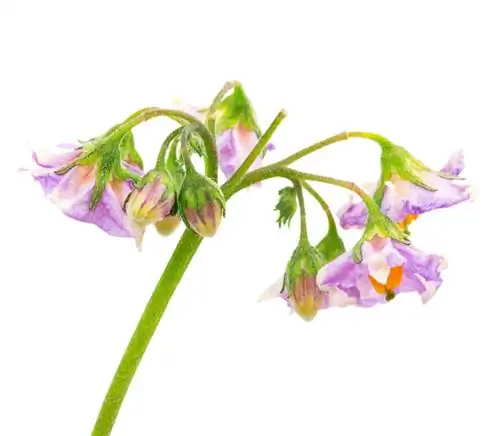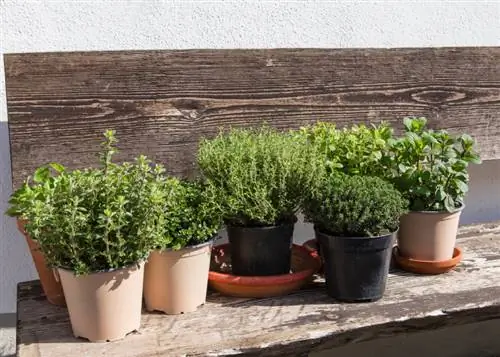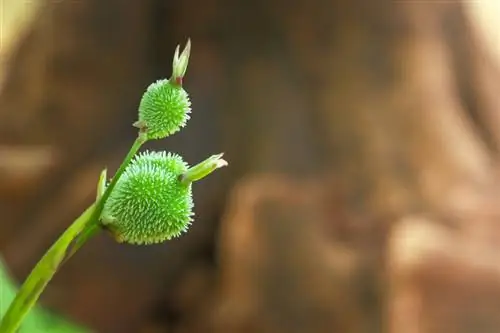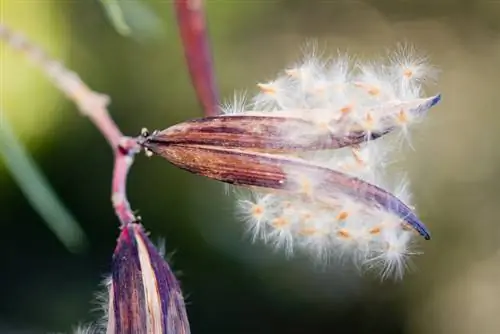- Author admin leonars@hobbygardeners.com.
- Public 2023-12-16 16:46.
- Last modified 2025-01-23 11:20.
It is an attractive garden decoration and is extremely easy to care for and robust: the marigolds. That's why the flowering plant, which comes from Mexico, is one of the most popular summer bloomers in our gardens. Planting marigolds even helps to improve soil quality and keep pests such as nematodes or snails at bay.

How do you care for and use marigold plants in the garden?
Tagetes prefer a location in full sun to partial shade and permeable, loose garden soil. They bloom in summer and can be propagated by seeds. As good neighbors, they drive away pests and go well with cabbage, tomatoes, potatoes and roses.
Which location does the marigold prefer?
Give the marigold a location in full sun. Partial shade is also tolerated well.
What soil requirements does the plant have?
The Tagetes likes a well-drained, loose garden soil with a moderate nutrient content.
When does the marigold bloom?
The marigold continues to produce new flowers throughout the summer. However, it is important to remove dead flowers regularly so that the plant does not put all its energy into producing seeds.
Can you propagate and grow marigolds yourself?
The marigold forms numerous marigold seeds in the dead heads, which you can shake out and use for breeding. The seeds germinate very well, so that propagation is easy even without the famous green thumb.
How do you prefer and transplant?
The beginning of March is the right time for sowing. Until the Ice Saints arrive, the young plants must be cared for in a bright place in the house and then slowly acclimated to the outdoors.
When are the marigolds planted?
Only when there is no longer any threat of night frost can both purchased and home-grown student flowers be planted in the garden.
What planting distance is optimal?
Most marigold varieties do not grow very large. Therefore, a planting distance of ten to fifteen centimeters is sufficient. Exotic varieties that grow taller require more space. The distance to be maintained between the individual plants is usually stated on the plant label or the seed bag.
Good neighbors
The marigold repels nematodes, serves as a "distraction plant" for snails and repels pests such as whiteflies. The marigold is even said to help against mice. For this reason it is a particularly good companion plant for:
- cabbage
- Tomatoes
- Potatoes
- Carrots
- parsley
- Cucumbers
- Beans
- Roses
Tip
Many people find the smell of marigold flowers unpleasant. However, this is partly responsible for the benefits of the marigolds and it is worth taking this into account.






